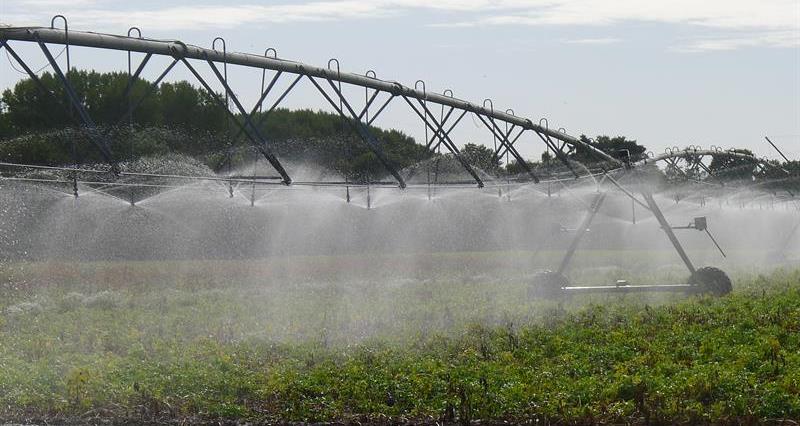The NFU has contributed to the strategy, and welcomes the launch which comes at a crucial time for the irrigated crop sector.
NFU water specialist Paul Hammett said:
"The strategy will make an important contribution in ongoing discussions with government and its regulators, public water companies and other sectors as we seek domestic agricultural policies that promote domestic food security.
"Growers of fresh fruit and vegetables need a fair share of the nation’s water resources. But they face greater risks about their future access to water from a combination of increased demand and competition from other users, and more extreme weather events."
The irrigation water strategy for UK agriculture and horticulture sets out a high-level vision to:
- Support economic growth and increase food security in the UK.
- Secure a fair share of water and recognise that agriculture is an ‘essential’ use.
- Protect appropriate levels of licensed headroom in future allocations for drought insurance.
- Share risks and benefits in water supply investments by fostering multi-sector collaboration with the public supply, energy and environment sectors.
- Increase water productivity (crop per drop) and water value in agriculture and horticulture.
- Support knowledge translation to increase resilience to climate and water risks.
- Drive innovation in precision water management to improve irrigation efficiency.
The strategy explores three main themes focusing on ‘irrigation hotspots’ in England, addressing environmental and regulatory challenges, and encouraging abstractors to work together to build resilience to water risks.
Meanwhile, Defra is expected to publish its national water planning framework after the March 2020 Budget tasked with introducing the principles of long-term and multi-sector water planning. The NFU hopes that the UK irrigation water strategy will help to shape our sectoral needs in the future development of new water supplies and transfers, and in reviewing the use of water company, agricultural and environmental drought measures.
More from NFUonline:
